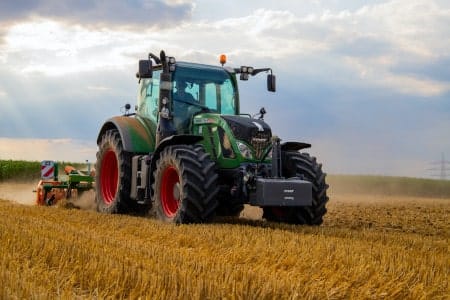All farmers know that life is stressful and that there is rarely enough time or money to achieve all you want. Add that to the everyday stresses of married life and supporting a family, and it is no surprise that farming families can be susceptible to divorce.
Why are farming divorces different?
Farming life is complex, often with a background mix of inherited assets, close family involvements, capital rich but income poor, family trusts, tenancies, inheritance and more. Brexit has added even greater concern and complexity for many farmers, with one of our largest trading partners fundamentally changed.
Leaving the EU meant that the UK left the EU’s Common Agricultural Policy which provided UK farmers with direct payment and support. Financial support for farmers is now largely dictated by the Agriculture Act 2020. This Act provides enabling powers of ministers to develop new farm support approaches in England. This change leads to uncertainty for many farmers but for any farming family involved in divorce it means that a valuation of the family’s assets becomes even more complex. Meaning that reaching an agreement on the divorce settlement could be more protracted.
Valuation in farming divorce cases
Normally, where a business is involved, each party is asked to provide disclosure outlining the interest in the business and the valuation that is usually agreed between them or by the instruction of an accountant (usually one that is connected with the business and therefore has knowledge about it). When it comes to farm businesses, past trading history may not be as good an indicator of future performance as it previously has been. Much will depend upon the extent to which the farm or the farm business was supported by the Common Agricultural Policy payments and the extent to which the farming business can adjust to meet the government’s new criteria for the support that it is proposing to phase in. There is clearly going to be a period of adjustment which should be considered when looking at cases where a farming business is involved. This adjustment period is planned to take place over a 7-year phase out of payments and will need to be factored into valuations of farming businesses. This is going to be a crucial point in relation to current cases and cases involving farming and divorce over the next 1-5 years. During this time details of how the new payment scheme will work, will need to be factored into the valuation of agricultural businesses.
The good news is that most land valuers and agricultural experts have already been working on their understanding of the new standards and considering the impact of these on such valuations.
A fair share on divorce – what does that mean?
Since 2000, the law has leaned towards fairness, meaning that equality is only departed from when there is good reason. Farms, often passing down through many generations are not automatically ringfenced in divorce proceedings. Therefore, if capital is needed to provide a wife or husband with cash then the Court has the power to order a sale. Is a sale inevitable then? Not necessarily. A full sale will usually be the very last resort. The Court will normally start by looking at the source and nature of the key assets to identify if there is a good reason to depart from the principle of equality, so that the integrity of the farming business is maintained. Given the critical adjustment stage we are now in post Brexit, an expert’s report to establish and identify the assets is probably more important now than ever before.
Options on the division of assets in farming divorces
Sorting out a divorce settlement on divorce does not inevitably mean Court. Often parties to a divorce can negotiate and agree a financial settlement with the assistance of solicitors and without the need to involve Court. The advantage of finalising matters this way is that both parties have the benefit of expert legal advice, but neither party will incur the legal expense of contested and protracted Court proceedings.
Arbitration is a very good alternative to the Court system. With arbitration you can select a ‘judge’ who has experience in farming cases if you both agree. The legal costs are usually less than contested Court proceedings and a resolution can often be achieved in a quicker and less acrimonious way.
Sometimes Court proceedings are inevitable and an application to Court may be the best way to establish the true nature and extent of assets and hold unreasonable parties to account to ensure cooperation with the process. An experienced family lawyer will help you navigate through all of the options.
Michelle Brammer
Family lawyer Derby


